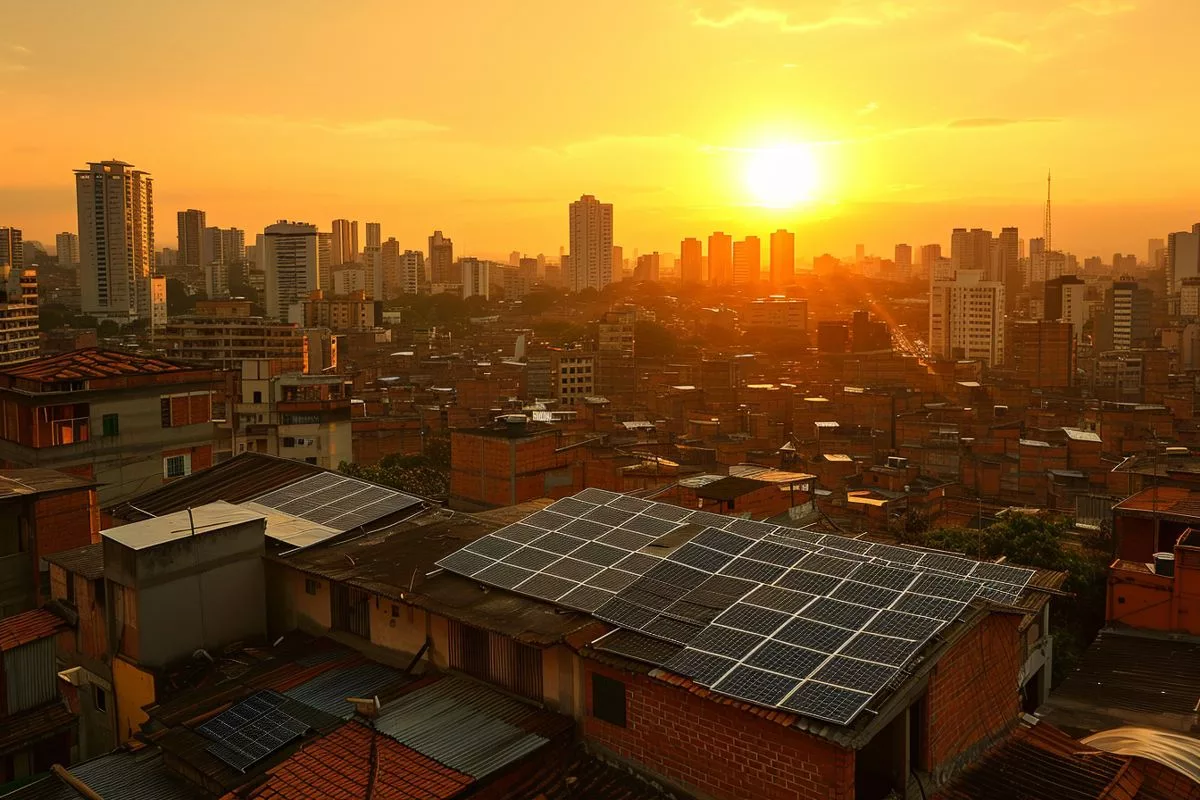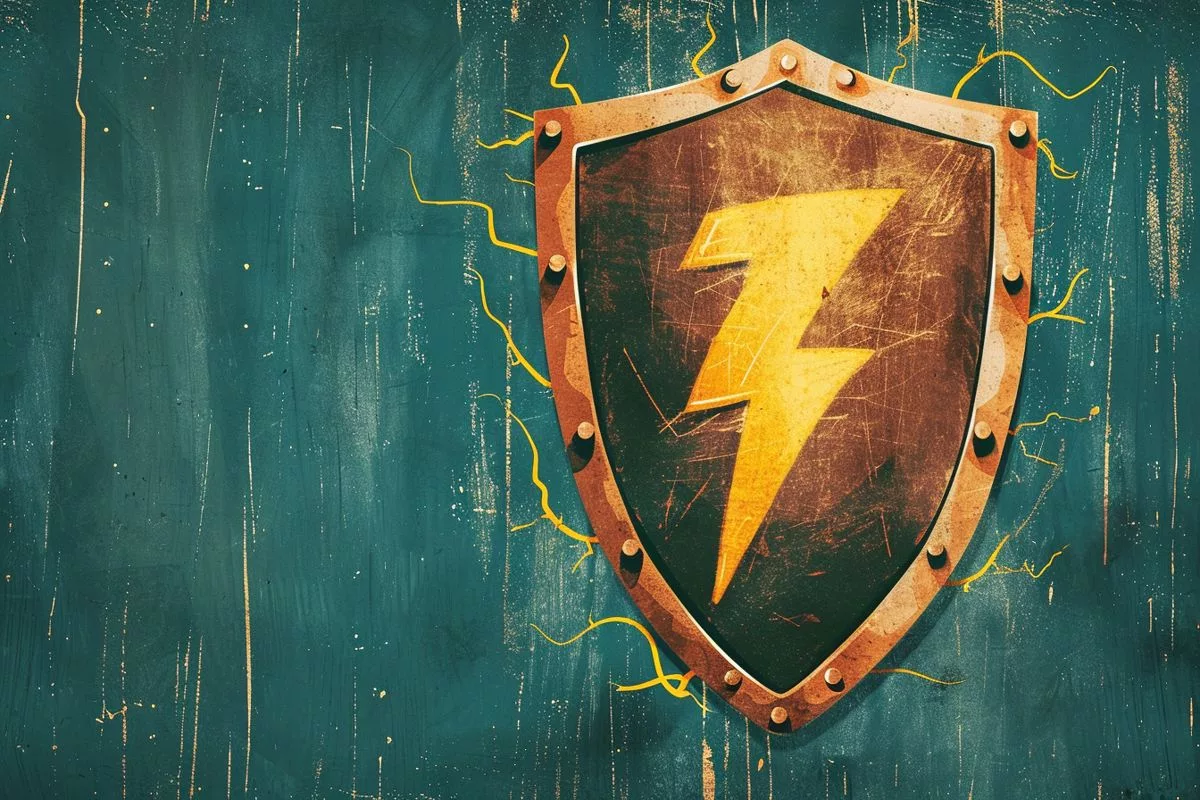Cape Town is taking a pragmatic and innovative approach to tackling energy security by incorporating independent power sources into its grid system. The city’s goal is to acquire power from existing generators and build resilience against load-shedding, with a capacity target of up to 300 MW of dispatchable or reserve power and an additional 200 MW of self-dispatchable power. Led by Mayoral Committee Member for Energy, Councillor Beverley van Reenen, Cape Town is deploying a combination of various energy sources and strategies, including demand management initiatives and diversifying power supply sources to mold the future of energy provision and utilization.
How is Cape Town addressing energy security?
Cape Town is incorporating independent power sources into its grid system to tackle energy security. The city aims to acquire power from existing generators and build resilience against load-shedding. The capacity targets are to achieve up to 300 MW of dispatchable or reserve power capacity and an additional 200 MW of self-dispatchable power capacity. The city is deploying a combination of various energy sources and strategies, including demand management initiatives and diversification of power supply sources. By doing so, Cape Town is molding the future of energy provision and utilization in a remarkable manner.
In this age of escalating energy demands, self-sufficiency is more relevant than ever. Cities globally are confronting problems of energy stability, with Cape Town emerging as a guiding star amidst turbulence. The metropolis recently unveiled a series of energy-related initiatives to address two critical issues: mitigating load-shedding impacts and diversifying its energy sources. The goal? To emancipate itself from Eskom, the dominant electricity provider in South Africa, and promote a culture of energy autonomy.
A Pragmatic Approach to Energy Security
Cape Town’s strategy for tackling energy security is both innovative and practical, emphasizing the incorporation of independent power sources into its grid system. This isn’t merely an academic endeavor, but a real-world solution to the persistent problem of load-shedding.
In a significant move to diminish Eskom’s monopoly, the city intends to acquire power from existing generators. The ultimate goal is to build resilience against load-shedding gradually. The procurement process is expected to adopt a dual-structured approach, offering bidders the option to enhance dispatchable or reserve power with a self-dispatchable element. The caveat? The latter must be more cost-effective than the existing Eskom Megaflex Tariff.
The city’s capacity targets are audacious yet feasible. They envision up to 300 MW of dispatchable or reserve power capacity, plus an additional 200 MW of self-dispatchable power capacity, contingent upon the response level and pricing. A three-year contract period is anticipated, pending successful completion of a mandatory Section 33 process. The deadline for tender submissions has been set for 8 April 2024.
Leaders Spearheading the Energy Drive
The driving force behind this bold initiative is Cape Town’s Mayoral Committee Member for Energy, Councillor Beverley van Reenen. For Van Reenen, the most critical energy priority is to eradicate load-shedding in Cape Town. The city’s short-term plans are to mitigate the first four stages of Eskom load-shedding by 2026, infuse 650 MW of independent power to the city’s energy matrix within five years, and progressively work towards additional independent power access.
To realize these objectives, the city is deploying a combination of various energy sources and strategies. The Steenbras Hydro Plant plays a pivotal role, expected to contribute 1 – 2 stages to the city’s power supply. Moreover, 500 MW of dispatchable energy, ideally available from 06:00 to 22:00 daily, coupled with demand management programmes, are projected to be crucial elements of the city’s energy security strategy.
Innovative Programs and Diversification
Cape Town’s demand management initiatives entail Large Power Users (LPUs) curtailment and Power Heroes, a voluntary programme for households and small commercial customers. This initiative facilitates remote switching of energy-hungry appliances like geysers and pool pumps, fostering a more efficient and sustainable energy consumption model.
Diversification is fundamental to Cape Town’s energy security approach. By integrating a diverse range of power supply sources into the city’s grid, Cape Town not only strengthens its energy security but also serves as a beacon for other cities wrestling with analogous challenges. Observing Cape Town’s strides in this field, it is evident that the city is not merely grappling with an energy crisis. Instead, it is molding the future of energy provision and utilization in a remarkable manner.
What is the goal of Cape Town’s energy initiative?
Cape Town’s goal for their energy initiative is to acquire power from existing generators and build resilience against load-shedding through the incorporation of independent power sources into its grid system. The city aims to achieve up to 300 MW of dispatchable or reserve power capacity and an additional 200 MW of self-dispatchable power capacity.
What is the dual-structured approach in Cape Town’s procurement process?
Cape Town’s procurement process for their energy initiative will adopt a dual-structured approach, offering bidders the option to enhance dispatchable or reserve power with a self-dispatchable element. The caveat is that the latter must be more cost-effective than the existing Eskom Megaflex Tariff.
Who is the driving force behind Cape Town’s energy initiative?
Cape Town’s Mayoral Committee Member for Energy, Councillor Beverley van Reenen, is the driving force behind the city’s energy initiative. For Van Reenen, the most critical energy priority is to eradicate load-shedding in Cape Town.
What are Cape Town’s demand management initiatives?
Cape Town’s demand management initiatives entail Large Power Users (LPUs) curtailment and Power Heroes, a voluntary programme for households and small commercial customers. This initiative facilitates remote switching of energy-hungry appliances like geysers and pool pumps, fostering a more efficient and sustainable energy consumption model.
What is the role of the Steenbras Hydro Plant in Cape Town’s energy security strategy?
The Steenbras Hydro Plant plays a pivotal role in Cape Town’s energy security strategy, expected to contribute 1 – 2 stages to the city’s power supply.
Why is diversification fundamental to Cape Town’s energy security approach?
Diversification is fundamental to Cape Town’s energy security approach because it strengthens the city’s energy security and serves as a beacon for other cities grappling with analogous challenges. By integrating a diverse range of power supply sources into the city’s grid, Cape Town is molding the future of energy provision and utilization in a remarkable manner.












